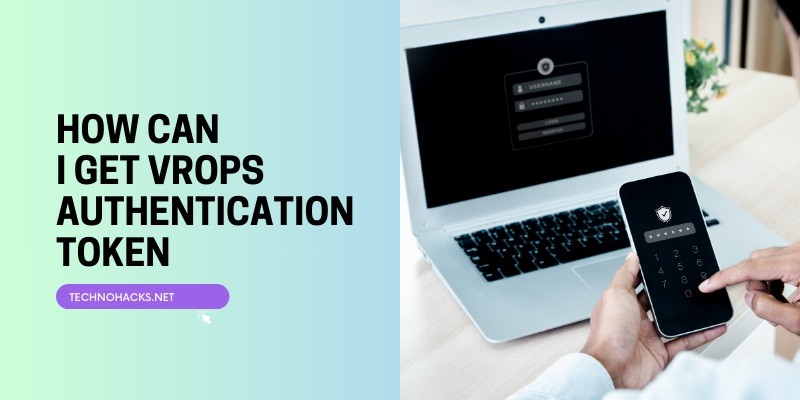Last Updated on May 5, 2025 by Jim C.
VMware’s vRealize Operations Manager (vROps) is a powerful platform designed to optimize, plan, and scale hybrid cloud deployments. To interact programmatically with vROps, you need an authentication token, which ensures secure access to the platform’s API. This article will guide you through the process of obtaining and using a vROps authentication token.
What is a vROps Authentication Token?
A vROps authentication token is a unique code that grants access to the vROps API. It is essential for automating tasks and integrating vROps with other systems. The token enhances security by ensuring that only authenticated users can access the API, and it has an expiration period to mitigate security risks.
Prerequisites
Before you can obtain a vROps authentication token, ensure you have the following:
- Access to a vRealize Operations Manager instance.
- User credentials with appropriate permissions.
- A secure connection to the vROps server.
Steps to Obtain a vROps Authentication Token
1. Prepare the Authentication Request
To request an authentication token, you need to prepare the following:
- Endpoint URL: The URL for the vROps API token acquisition endpoint, typically
https://<vrops-instance>/suite-api/api/auth/token/acquire. - Headers: Include
Content-Type: application/jsonandAccept: application/json. - Request Body: A JSON object containing the username and password.
Example request body:
json{
"username": "your-username",
"password": "your-password"
}
2. Send the Authentication Request
You can send the authentication request using various tools such as cURL, Postman, or programming languages like Python or PowerShell.
Using cURL
bashcurl -X POST https://<vrops-instance>/suite-api/api/auth/token/acquire \
-H "Content-Type: application/json" \
-H "Accept: application/json" \
-d '{"username": "your-username", "password": "your-password"}'
Using Postman
- Create a new POST request.
- Set the URL to
https://<vrops-instance>/suite-api/api/auth/token/acquire. - Add headers:
Content-Type: application/jsonandAccept: application/json. - In the body, select raw and JSON format, then paste the request body JSON.
Using Python
pythonimport requests
url = "https://<vrops-instance>/suite-api/api/auth/token/acquire"
headers = {
"Content-Type": "application/json",
"Accept": "application/json"
}
data = {
"username": "your-username",
"password": "your-password"
}
response = requests.post(url, headers=headers, json=data)
token = response.json().get("token")
print(token)
3. Handle the Authentication Response
Upon a successful request, the server responds with a JSON object containing the token and its expiration details. Example response:
json{
"token": "8f868cca-27cc-43d6-a838-c5467e73ec45::77cea9b2-1e87-490e-b626-e878beeaa23b",
"validity": 1470421325035,
"expiresAt": "Friday, August 5, 2016 6:22:05 PM UTC",
"roles": []
}
Store this token securely, as it will be required for subsequent API requests.
Using the Authentication Token
To use the authentication token, include it in the Authorization the header of your API requests.Example:
bashcurl -X GET https://<vrops-instance>/suite-api/api/endpoint \
-H "Authorization: vRealizeOpsToken 8f868cca-27cc-43d6-a838-c5467e73ec45::77cea9b2-1e87-490e-b626-e878beeaa23b"
Token Expiration and Renewal
Tokens are valid for a limited period (typically six hours). Monitor the expiration time and renew the token as needed by re-sending the authentication request.
Best Practices and Security Considerations
Secure Storage of Credentials
- Avoid hardcoding credentials in scripts.
- Use environment variables or secure vaults to store sensitive information.
Token Lifecycle Management
- Regularly monitor token expiration and renew tokens proactively.
- Implement error handling to manage token expiration and re-authentication seamlessly.
Error Handling and Troubleshooting
- Handle HTTP response codes appropriately:
200 OK: Successful token acquisition.401 Unauthorized: Invalid credentials.403 Forbidden: Missing authorization header.
Conclusion
Obtaining a vROps authentication token is a straightforward process that involves sending a POST request with valid credentials to the vROps API. Proper management of the authentication token is crucial for maintaining secure and uninterrupted access to the vROps platform. By following the steps and best practices outlined in this article, you can efficiently integrate and automate your interactions with vRealize Operations Manager.

